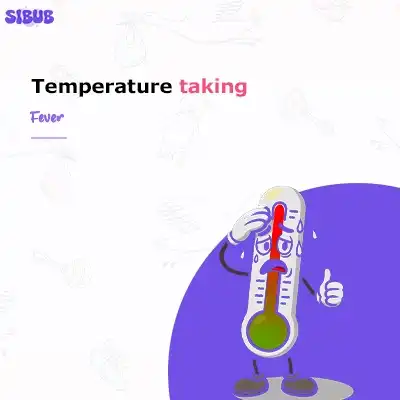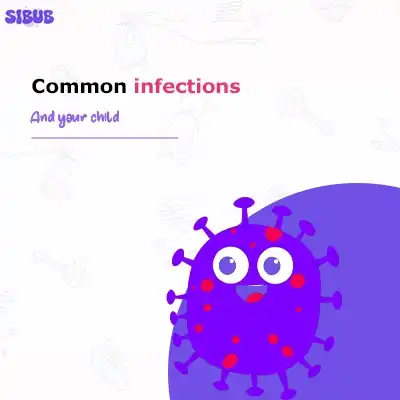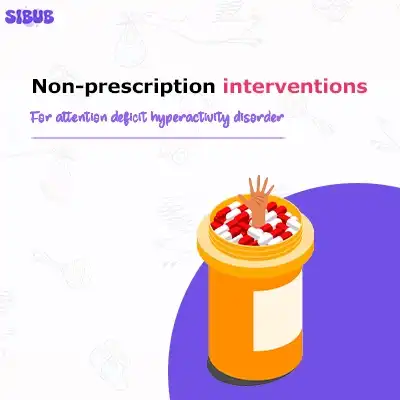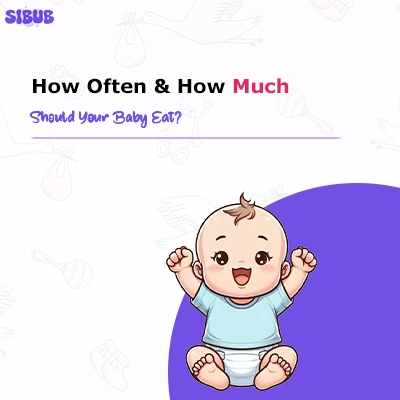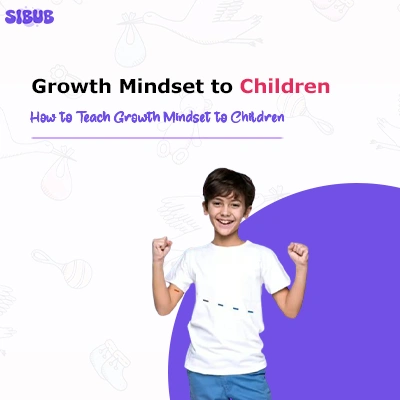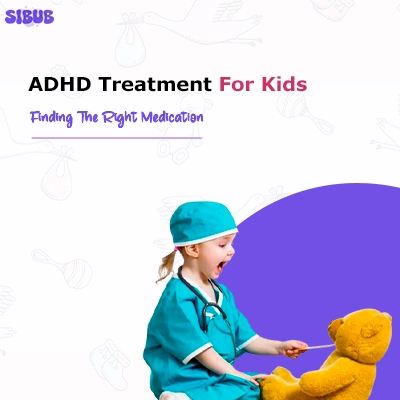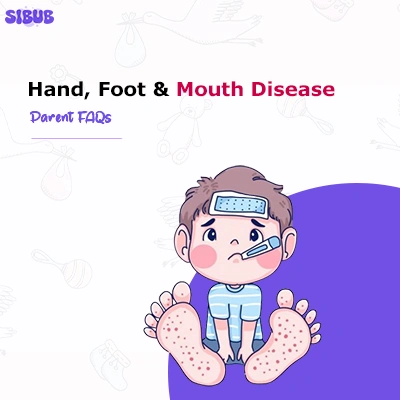Parents
School & Family Life
First Aid & Safety
Pregnancy & Baby
Traveling With Kids
Explore expert tips, helpful guides, and real-life advice for every stage of parenting. From pregnancy to teen years. Find the support you need to raise confident, healthy kids while caring for yourself.
FAQs
How do you ensure that your babysitters and nannies are suitable for the job? >
What qualities does a good babysitter possess? >
What does a good babysitter do? >
What do I do if I have a concern with my babysitter? >
What are the three biggest responsibilities of a babysitter? >
The three key responsibilities of a babysitter are ensuring safety and well-being, entertainment, and active supervision.
What is the 7 7 7 rule for parenting? >
It promotes a daily rhythm. Wake at 7 am, dinner at 7 pm, and bedtime at 7 pm. This routine builds consistency, helping children feel secure. Regular schedules support better sleep, behavior, and emotional health, offering a calm and predictable environment for growing kids.
What are the 4 styles of parenting? >
Authoritative (balancing warmth with rules), authoritarian (strict and controlling), permissive (warm but overbearing), and neglectful (uninvolved). These four types of parents have an effect that goes far beyond the health of children. Authoritarian parenting is related to children's emotional and social slow development. In the long term, it may be harmful to kids' emotional well-being. The consequences can not be predicted exactly now; however, we can expect to see a different outcome somewhere. Authoritative parenting, by contrast, produces the most favorable results. It helps children build confidence, self-discipline, and good relationships.
What are the 4 C’s of good parenting? >
The four C's are Care (showing love and attention), Consistency (setting limits), Choices (letting them take their own ages, which are age-appropriate), and Consequences (making them responsible for what happens). These build up trust and resilience-like being able to bounce back from the pain of an accident or loss of a friend-and make both children themselves strong character types with solid concepts about life as adults.
What does an angry parent do to a child? >
Frequent parental anger can harm a child’s emotional health. It may cause fear, anxiety, low self-esteem, and poor coping skills. Children might also model this anger in their behavior. Calm, respectful communication helps children feel safe and valued, promoting healthier emotional development and relationships.
Why am I so irritable around my kids? >
Parental irritability often stems from stress, fatigue, unmet needs, or feeling overwhelmed. Juggling responsibilities can be exhausting. Recognizing triggers, practicing self-care, getting enough rest, and seeking support can help manage irritability. A calmer parent-child relationship benefits everyone’s well-being and strengthens family bonds over time.

